An ethic isn't a fact you can look up. It's a way of thinking
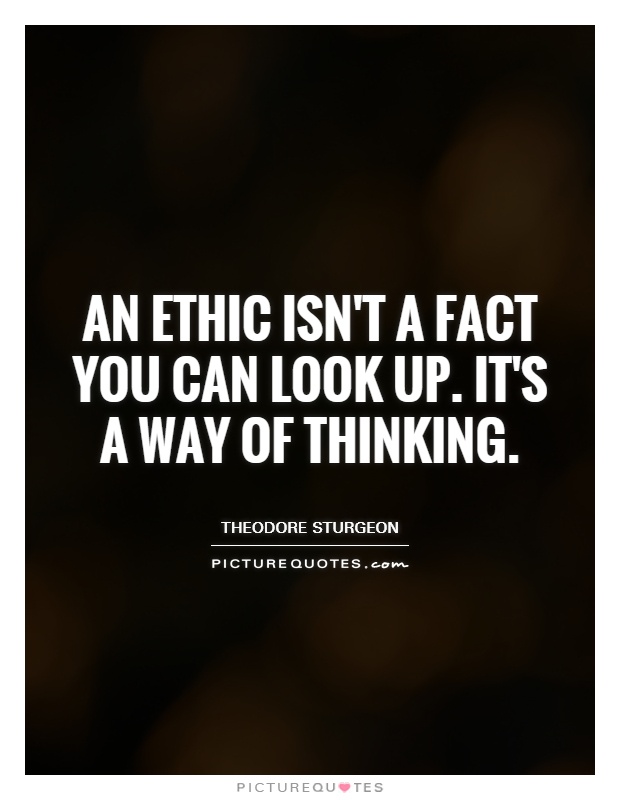
An ethic isn't a fact you can look up. It's a way of thinking
Theodore Sturgeon, an American science fiction author, was known for his thought-provoking stories that often delved into complex ethical dilemmas. Sturgeon believed that ethics were not simply a set of rules or facts that could be easily looked up, but rather a way of thinking and approaching the world. This belief is evident in many of his works, where he challenges readers to consider the moral implications of their actions and decisions.In Sturgeon's stories, characters are often faced with difficult choices that force them to confront their own beliefs and values. Whether it is a scientist grappling with the consequences of their experiments or a society struggling to coexist with an alien species, Sturgeon's work is filled with ethical quandaries that push the boundaries of traditional morality.
One of Sturgeon's most famous works, "More Than Human," explores the idea of interconnectedness and the ethical responsibilities that come with it. The novel follows a group of individuals with telepathic abilities who come together to form a new kind of family. As they navigate their shared powers and the challenges that come with them, the characters are forced to confront their own biases and prejudices, ultimately leading to a deeper understanding of themselves and each other.
Sturgeon's emphasis on ethics as a way of thinking rather than a set of rules is a powerful reminder of the importance of critical thinking and empathy in navigating the complexities of the world. By encouraging readers to consider the implications of their actions and decisions, Sturgeon challenges us to think beyond ourselves and consider the impact of our choices on others.
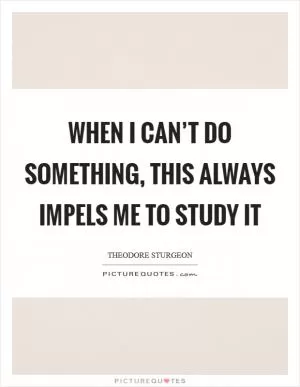
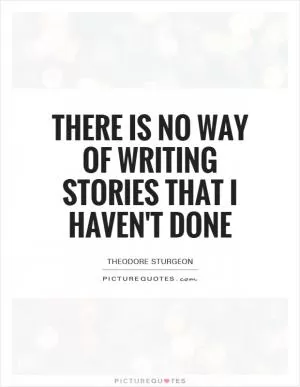
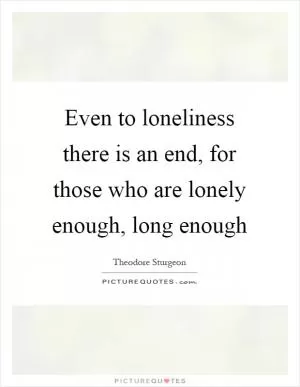
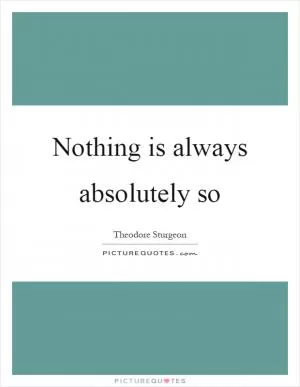
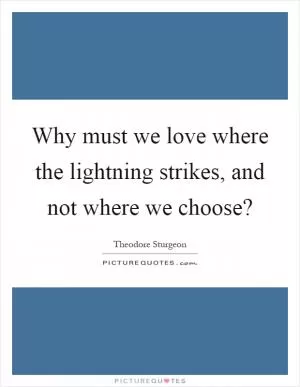
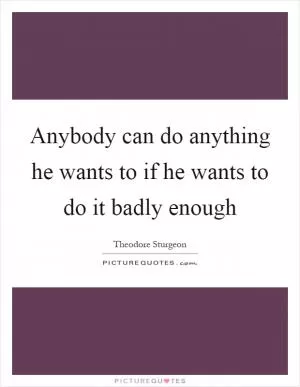
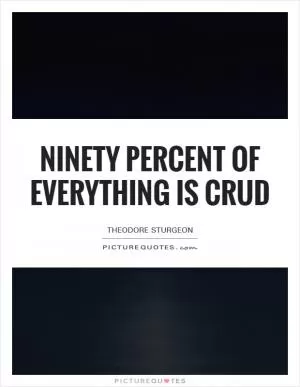
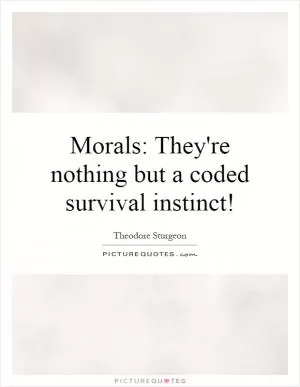
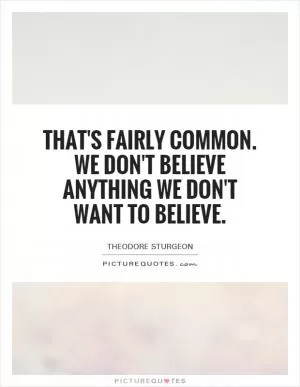
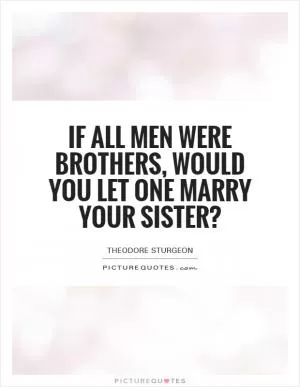
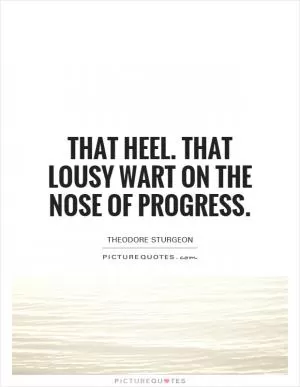
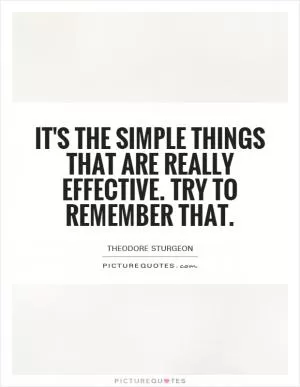
 Friendship Quotes
Friendship Quotes Love Quotes
Love Quotes Life Quotes
Life Quotes Funny Quotes
Funny Quotes Motivational Quotes
Motivational Quotes Inspirational Quotes
Inspirational Quotes